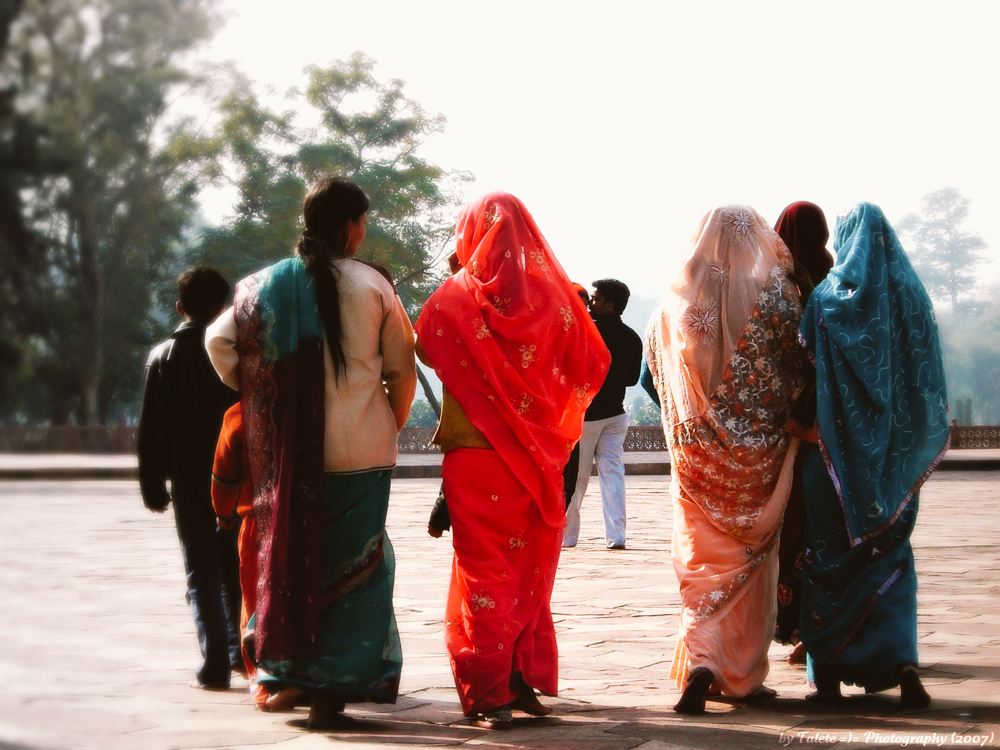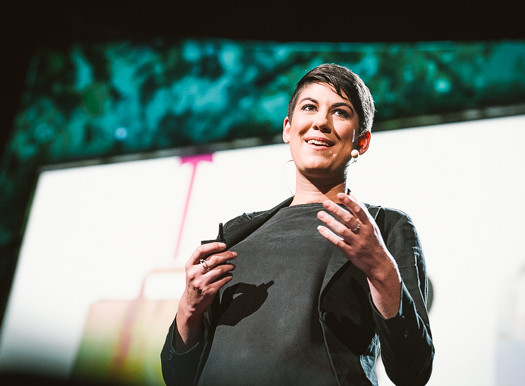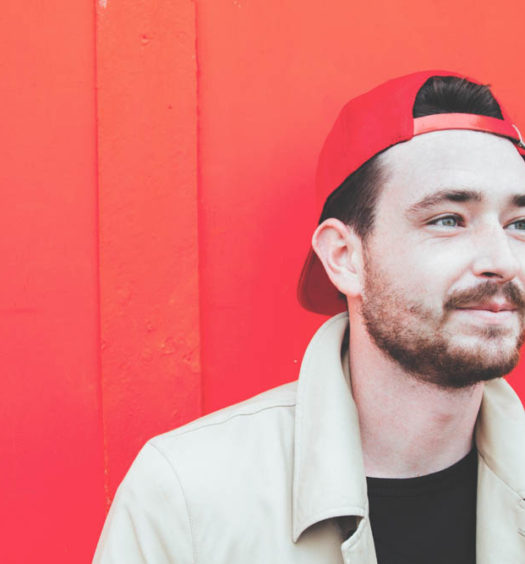International Women’s Day: Pledge For Parity Worldwide

Photo by Edoardo Giovanni Raimondi
She wept. “Live or die, you will marry him, she says.”
In one sentence, Mahira* became the face of a circumstance I only knew in theory. She told of her mother’s insistence that she marry her first cousin in a tradition that allows him to choose her for his wife. Once chosen, she cannot deny him even though he is a drug-addicted alcoholic. He hits her and controls many of her activities, but that is of no importance. Her mother has committed, and that is that. My Western mind, unbound by strict tradition, cannot fathom the obligation of forced marriage. Mahira has two options: she can acquiesce, marrying a man who mistreats her, or she can refuse. Refusal, indirectly stated, could mean death. Honor killings aren’t common in this part of India, but they do happen. More likely, though, is suicide; Mahira has attempted to take her own life twice—once the week before she came to speak to us. Doused in kerosene, she could not bring herself to light the match.
As we recognize International Women’s Day, I see the advancements women have achieved, even in India, and contrast them to glaring disparities women face in daily life. This year’s IWD theme, Pledge for Parity brings Mahira’s story into sharp focus. What good is it to have equal access to education, health care and dignified work if, in the choices that most affect life, culture and tradition state that a woman has no voice? Mahira is an educated, well-spoken, determined eighteen-year-old. She obtained the bulk of her education in a local convent school and harbors dreams of studying law. If anyone should have limitless possibilities, it is she. Instead, Mahira’s marriage will take her well-formed mind and big ambition and make them subject to the whims of a man who questions why she needs to study sewing let alone law.
“Live or die, you will marry him.”
Forced marriage is not a cultural problem in the States, but we are only a few generations removed from a time when American law saw a woman’s voice as indistinct from her husband’s. Working for parity, then, takes a number of forms for me. My company, Sudara, partners with many sewing centers on the ground in India, and I search diligently for those who espouse a dignified view of the women who work with them. The goal for me is not in the loungewear, but in the women. Does their work with us make a meaningful difference in their lives? To that end, it is also critical for me to forge ties with other business who espouse these same ideals. Companies like Sari Bari, Freeset, and Open Hand India are well regarded for their integrity and for their commitment on the ground. Sharing stories and ideas helps us consistently look for ways to improve our involvement and business practices.
Additionally, staying informed about current events hones my knowledge and broadens my impact. One specific thing on my radar this month is the recent Academy Award-winning documentary, The Girl in the River, which explores forced marriage and honor killings in Pakistan, India’s neighbor to the north. As a business owner, I want to understand the cultures and history in the region, but as a woman I find the stories additionally compelling.
A search for parity worldwide looks different in different places. Whether the quest is equal pay, equal representation, or equal voice in the choices that matter, International Women’s Day is not just about seeking parity for ourselves but looking broadly and finding ways to partner with women around the globe to improve this space for all of us.
It makes a difference for each of us to find ways, professionally and personally, to #PledgeforParity.
*Mahira’s real name has been concealed.
FROM THE EDITOR
At Conscious, we feature powerful stories about global initiatives, innovation, community development, social impact and more. You can read more stories like this and connect with a growing community of global leaders when you join.



